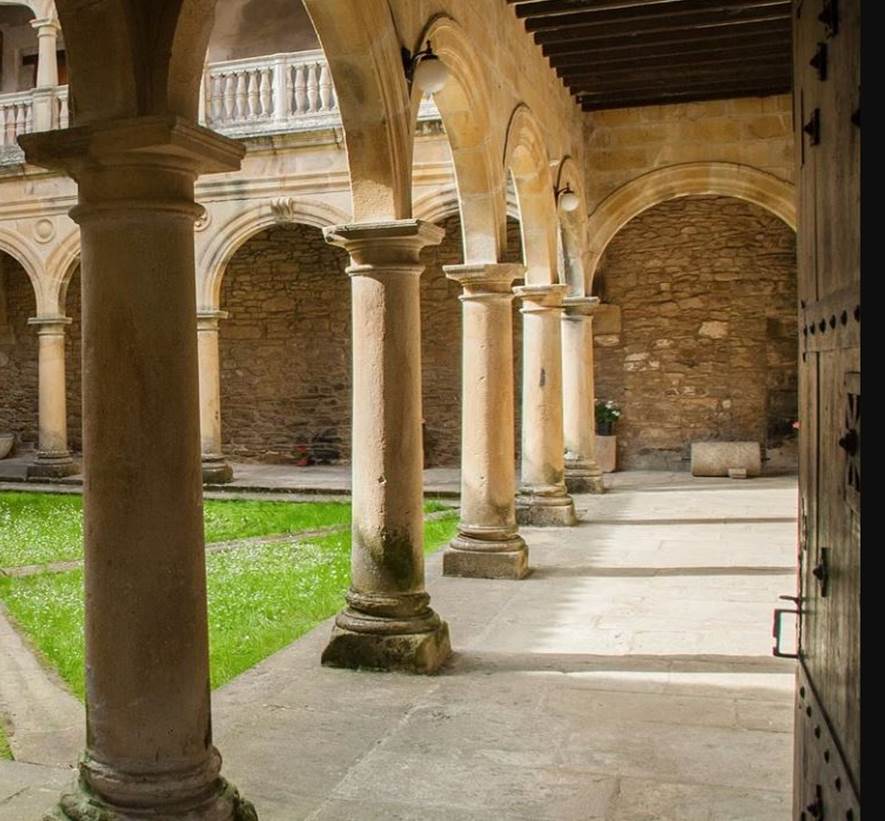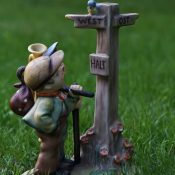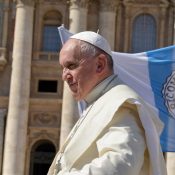This is the question I have often been asked when they learn of my vocational choice. But who is the Jesuit brother? The Society of Jesus has also asked itself this question, and in the 34th General Congregations (GC, the body at the top of the organisational structure of the Society of Jesus) has tried to ‘redesign its features’. As we read in its decrees, the identity of the Jesuit Brother is very interesting, [2]: ‘The Jesuit Brother is a man who has accepted the Father’s call to be a “companion of Jesus”. By his vows, he freely consecrates his life to help the common mission of the body of the Society, which is apostolic, religious and priestly.’ Father Kovlvenbach S.J. already said a year before the 34th GC: ‘In some way, the religious Brother embodies religious life in its essence and, because of this, is able to manifest that life with particular clarity’.
Brothers, therefore, share the one mission of the Society and contribute to it by the personal call they have received, ‘contributing to all kinds of work, material and technical, in the service of the apostolate and of the whole body of the Society, but also in the explicit proclamation of Jesus, in spiritual help and conversation, in the Spiritual Exercises, in catechesis and teaching’ [GC 34a 207].
After clarified this, let us return to my choice. In fact, if you think about it, the only Jesuit brother I remember is the brother who was the porter at Villa San Saverio, which I visited in my youth. When I understood my vocation to religious life I could think of anything I wanted but not to become a Jesuit brother. Because I thought in my heart that I wanted to serve the Lord, but not as a porter! Then I realised that it doesn’t matter what you do but for Whom you do it! I discovered that even as a porter one can serve the Lord. In this I have an example of St. Alphonsus Rodriguez and Blessed Francis Gàrate, both Jesuit Brothers (also porters). Brother Gárate was once asked how he could do so many things and at the same time be so calm, without ever losing his patience. He replied: ‘Father, I do what I can well, the rest is done by the Lord who can do everything. With his help everything is light and gentle, because we serve a good Master’.
Even if the role of the brother has now changed and is not only ‘operational’ but of great contribution to the work of the Company as mentioned above (see also the video https://www.youtube.com/watch?v=0Cap7iH3eEQ) I hope to live my religious vocation like Blessed Francis with the certainty that the Lord will always be by my side and that He will ‘do’ what I will not know how to ‘do’.
Alessandro di Mauro




